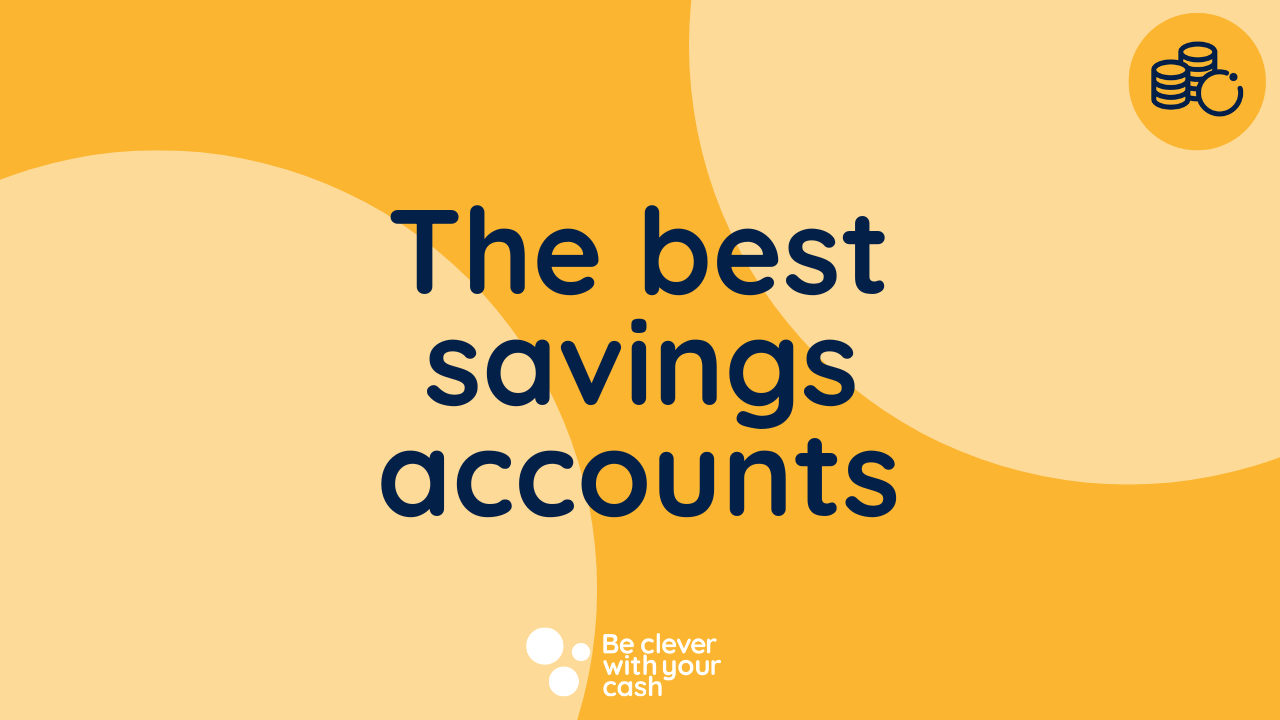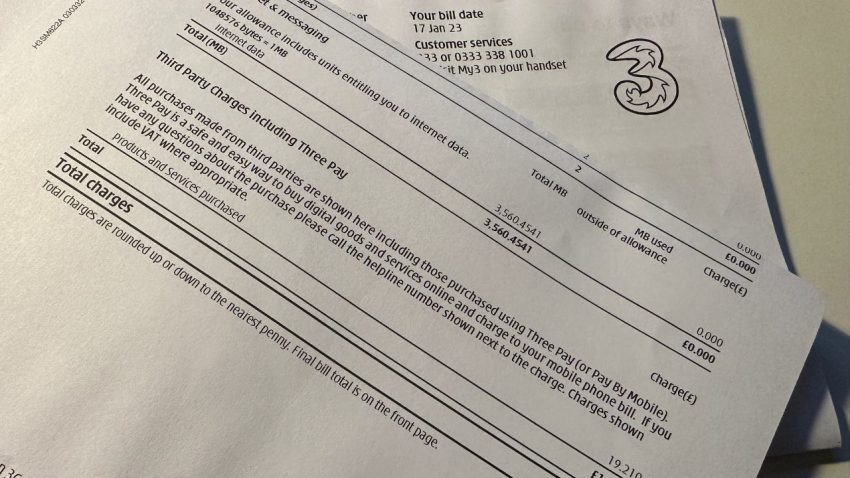With costs rising, answer these questions to bring down what you pay.
It’s possible to save money on most bills, and these nine questions will help you work through what you need to do.
Some articles on the site contain affiliate links, which provide a small commission to help fund our work. However, they won’t affect the price you pay or our editorial independence. Read more here.
Watch this video or keep reading
What do you really need?
Obviously most of your key household bills you can’t go without. You need gas, electricity, water. And mobile phones and broadbands are essentials for most of us too.
But look at all the other bills you pay and question whether you can go without. I’ve written a lot about ditching pay TV from the likes of Sky and Virgin, so that’s one that I think most people should take a close look at.
Can you use less?
If you can’t ditch a service, can you reduce either how much of it you use, or can you slim down what you take?
The first one is really about gas, electricity and water. All are or can be metered, so using less means paying less.
Elsewhere, there’s a good chance you’re paying for more data on your mobile phone and speed on your broadband, than you actually need. Lower these allowances and you’ll pay less.
Many don’t use their landline anymore, so it’s worth seeing if there are internet options that don’t include this (they aren’t always cheaper). If not, at least ditch call packages or extras you won’t use such as call screening and voicemail.
Going back to pay TV, if you want to keep it you might be able to reduce your packages. If you rarely watch movie or sport channels, ditch them and save.
And with many subscriptions, from streaming to food boxes, you are able to cancel or pause on a month-by-month basis. So take breaks, and only pay when you can make the most of them or have some extra cash.
Our podcast
Listen to Cash Chats, our award-winning podcast, presented by Editor-at-Large Andy Webb and Deputy Editor Amelia Murray.
Episodes every Thursday.

Does loyalty pay?
There’s rarely any point sticking with a company out of any notions of loyalty. It’s better to see who will give you the lowest price.
Some brands run loyalty schemes in a bid to get you to stick around, but you need to question if you actually want any of those freebies or discounts, and if you do, how much more you’re actually paying.
For example Sky sometimes gives users a free movie to keep or offers cinema tickets. But if you’re paying more than you need to for Sky and wouldn’t pay for these normally, it really means these aren’t free.
Elsewhere, O2 and Virgin Media’s O2 Priority app gives things like a free hot drink and Greggs sausage roll every week. If you were to buy these anyway they could be worth paying a little extra for.
And sticking with mobile phones, if you know you’ll travel to Europe a few times in a year, a network that offers free roaming should have the edge over a similarly priced competitor that doesn’t.
Can you get the same from a different provider?
Often people are worried about switching to a cheaper provider in case they lose service or access to content. Broadly this shouldn’t be a concern.
Though you can’t switch water provider, and right now energy switching isn’t really an option, you can get the same or similar service by changing mobile and broadband networks. In fact there are only four different mobile signals.
And most satellite or cable TV channels are available for free or on a streaming service, for example NOW TV offers most Sky channels.
Is a bundle worth it?
Sometimes you’ll save money getting a few different bills from the same provider. Usually TV, landline and broadband, but sometimes mobile phone can be factored in too.
These can work out decent value. Virgin and O2 now offer double data on your SIM and the next level speed on your broadband for example.
But you’re often tying yourself into longer contracts on all the services, making it hard to switch out or cancel part of the bundle if your circumstances change.
This is especially true of adding the likes of Netflix or Disney+ to a pay TV subscription. It’s better to just manage your accounts for these separately.
And this goes for any technology that might be offered, such as a new mobile handset. If your phone is fine right now, it’s usually not worth upgrading. In fact it’s often cheaper to buy a phone outright rather than bundle it with your data, minutes and texts.
What are other providers charging?
So if you’ve worked out what you use and what you need, it’s time to see if other companies are charging less that what you currently pay.
Comparison sites are the best places to go for this, and they might even have exclusive deals not available going direct.
However, they can have hidden results or not show the whole market. So try to search results by the total you’ll pay over the contract. This will put the cheapest to the top of the table and even out any discounts on offer in the early months.
Are there extra discounts you can claim?
Once you’ve got an idea of the prices available elsewhere, also check cashback and voucher code sites for any additional savings you can get as a new customer. On broadband you can expect to get up to £100, if not more.
Brands can also offer their own extra savings for newbies, such as a prepaid voucher, free speaker or reduced prices.
Or if you are on a low income or receive certain benefits you might be able to get additional savings or access to special rates. This includes things like warm home discounts, free TV licences and social tariffs on broadband.
Get the best of our money saving content every week, straight to your inbox
Plus, new Quidco customers get a high paying £18 welcome offer

 Featured switching deal
Featured switching deal
 Customer rating
3.8/5
Customer rating
3.8/5
- Switch bonus£200
- Offer endsUnknown
- Extra bonus£25 Amazon Gift Card
- FSCS Protected? Yes
- Switch bonus requirements Switch using the Current Account Switch Service and close your old account within 60 days of starting the switch
- Deposit requirements Deposit £1,500 in the first 60 days from opening the account
- Direct debits transferred over Set up two Direct Debits before or after the switch from a selected list of household bills
- Existing customers? Can't have held any Santander current account on 1 January 2025
- Restrictions Can't have received a switching bonus from Santander already, offer limited to once per person
- Eligible accounts Open a new or hold an existing Everyday, Edge, Edge Up or Edge Explorer current account
- £25 Amazon Gift Card requirements To qualify for the gift card, you need to complete a full switch using CASS, and make five debit card transactions within 30 days of opening the account
Can you haggle the price down?
So you’ve reduced what you need and you’ve found a great price elsewhere. Before you go ahead and switch, get on the phone or live chat to your existing supplier.
Tell them you want to leave and they’ll probably offer you a discount or upgrade to stay. Don’t accept the first offer. You want to get moved to a disconnection or retention team where there are normally better deals they can offer.
If this makes staying put attractive, you can go ahead and take up the offer – though you will be starting a new contract. You can take it a step further by rejecting the offer and pushing ahead with giving notice on your contract. This sometimes prompts a call a few days later with an even better deal! And if that doesn’t come, you can always get back in touch and stop the cancellation. I’ve some top haggling tips here.
This is worth it for broadband, mobile, TV and (to a certain extent) insurance, but won’t work for energy and water bills.
Can you earn cashback from your bank?
The Santander Edge current account will pay you 1% back on Council Tax, energy, water, TV, phone and broadband direct debits. There’s a £3 monthly fee though so it’s best avoided if you don’t pay enough on bills.
Meanwhile the Chase current account offers the same amount on debit card spending, which can include some of the same bills as well as extras like streaming services.
Is an upgrade really worth it?
A final note on any upgrade you’re offered as an existing or new customer. Though these can be tempting and often seem great value, you need to consider if you actually need what’s on offer.
Often it’s extra TV channels, a broadband speed boost or increased data on your mobile. But even if they are offering these “for free”, it’s better to get a lower price for what you actually will use.






